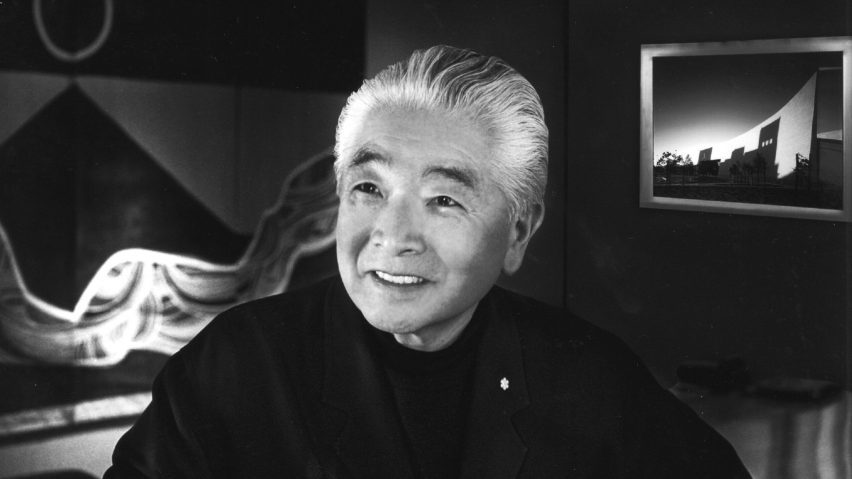Canadian architect Raymond Moriyama, the co-founder of Moriyama Teshima Architects and the architect responsible for some of Canada's most iconic buildings, has died aged 93.
Moriyama's death was announced via a statement released by Moriyama Teshima Architects on the studio's website on 2 September.
"We are deeply saddened to learn of Raymond Moriyama's passing on September 1st, 2023," said the statement. "Our immediate thoughts are with his family and loved ones."
"During this time, we ask for respect and privacy as we process and grieve the profound loss of our firm’s founder," it continued.
"The world has lost a visionary architect."
Born in Vancouver in 1929, Moriyama studied architecture at the University of Toronto where he received his Bachelor's degree in 1954 before going on to gain a Master of Architecture in civic and town planning from the School of Architecture in 1957.
Moriyama worked as an independent architect before later founding his practice in 1958. He was joined by Ted Teshima in 1970 when the studio became Moriyama & Teshima Architects.
The Ontario Science Centre in Toronto, which finished construction in 1969, was Moriyama's first major building.
He went on to design numerous iconic Canadian buildings such as the Toronto Reference Library, Scarborough Civic Centre and the Canadian War Museum.
Moriyama also completed a number of landmark structures across the world including the Saudi Arabian National Library, Place St. Charles and the Canadian Embassy in Tokyo.
As a result of many of these buildings Moriyama was awarded several prizes including the Confederation of Canada Medal, RAIC Gold Medal, honourary degrees from Canadian universities, and most notably the Order of Canada in 2009.
In 2014, the Royal Architectural Institute of Canada and architect Moriyama launched a $100,000 award that was set out to rival the Pritzker and Stirling Prizes.
The prize is awarded every two years to a work of architecture that is judged on its societal context and humanistic values of justice, respect, equality and inclusiveness.
More recent projects by the firm include an underground visitor centre in Ottawa that was designed alongside IBI Group as well as an innovation centre for the University of Toronto Mississauga that has a large rotunda and glass roof.
The images are courtesy of Moriyama & Teshima Architects.

